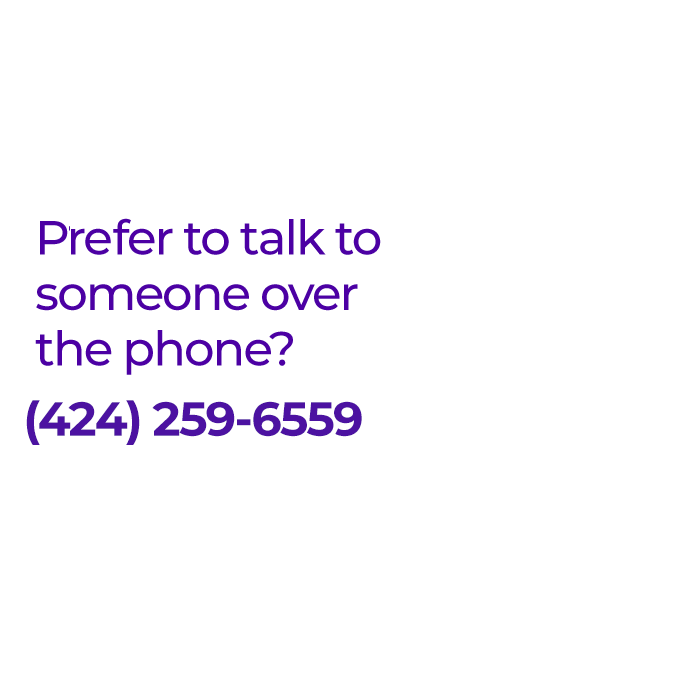DISCLAIMER: I am a consultant for Nyxoah, who manufactures a technology mentioned in this blog post. Inspire Medical Systems’ Upper Airway Stimulation is the only FDA-approved treatment of obstructive sleep apnea based on stimulation of the nerve that controls tongue movement (hypoglossal nerve). Based on their successes, a number of other technologies are in clinical…
Previous blog posts have discussed our research centered on two large databases that include patients from centers around the world to examine how drug-induced sleep endoscopy findings are associated with outcomes of sleep apnea surgery. We have shown that specific different types of sleep apnea surgery and Inspire Upper Airway Stimulation. In this blog, I…
My career in sleep apnea surgery is based on the principle that successful surgery should focus on the physical cause(s) of blockage of breathing for each patient. We can determine these physical cause(s) with different evaluations that examine an individual patient’s anatomy that is the source of these physical cause(s). I have focused on the…
The last thing anyone wants is to undergo surgery without achieving results. This idea has been the focus of my career in sleep surgery. It has been wonderful to contribute to advancing our understanding about the physical causes of obstructive sleep apnea and ways we can optimize our preoperative evaluation to select procedures. This work…
As a Fellow of the American College of Surgeons, I receive electronic access to the Journal of the American College of Surgeons. I browse the Table of Contents but generally find that most of the articles are related to general surgery or subspecialties within that field (which used to be true for head and neck…
Yesterday, the New York Times podcast “The Daily” focused on tongue tie surgery in children with “The Booming Business of Cutting Babies’ Tongues”. The podcast pointed to the explosive growth in aggressive tongue tie surgery for children. Simple snipping of tissue under the tongue has been done for centuries, with proven benefits for some children…
We have just completed the 29th Advances in Diagnosis and Treatment of Sleep Apnea and Snoring course in San Francisco. It is so enjoyable to be one of the course directors, where we can think about the newest developments in the field and other topics to incorporate as we develop the program. As I do…
The Upper Airway Stimulation system from Inspire Medical Systems has been an important and exciting addition to the array of treatment options for obstructive sleep apnea. I was the first surgeon in the Western US to offer it to patients after FDA approval in 2014, and I have seen the tremendous difference it has made…
On February 16-17, 2024, we will hold the 29th annual Advances in Diagnosis and Treatment of Sleep Apnea and Snoring course. We are delighted to have an outstanding faculty to speak on what we feel are interesting and provocative topics. As I do every year, I will share what I feel are some of the… Read more »Palate shape is associated with palate surgery outcomes
UCLA Sleep Apnea Surgery Clinical Trial: Combining Surgery with Medications
Insomnia May Prevent Effective Treatment of Sleep Apnea with Inspire Upper Airway Stimulation
Telemedicine for preoperative visits?
Maybe I am not the only one concerned about tongue tie surgery and myofunctional therapy for sleep apnea
2024 Advances in Sleep Apnea and Snoring Course Highlights
Palate shape is associated with Inspire Upper Airway Stimulation outcomes
Will there be a new era of (sleep apnea and snoring) medical education conferences?
Predicting oral appliance outcomes in sleep apnea with drug-induced sleep endoscopy
Obstructive sleep apnea and snoring are common, but it is naive (and incorrect) to think that any single approach is going to work for all patients. This is true for CPAP and is clearly true for surgical procedures and oral appliances. I have written previously on working with sleep dentists to evaluate whether a certain… Read more »



